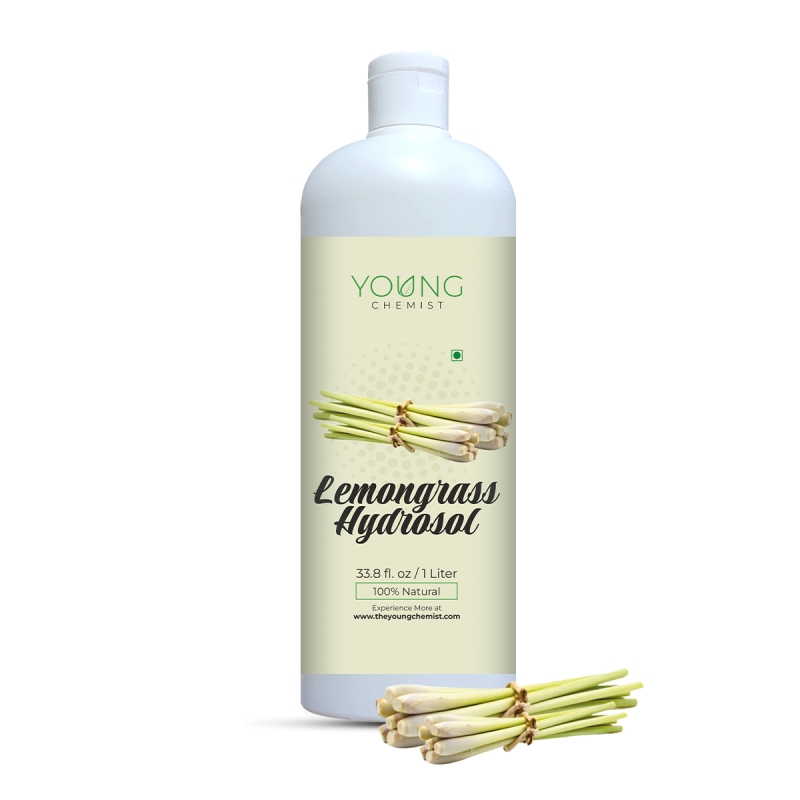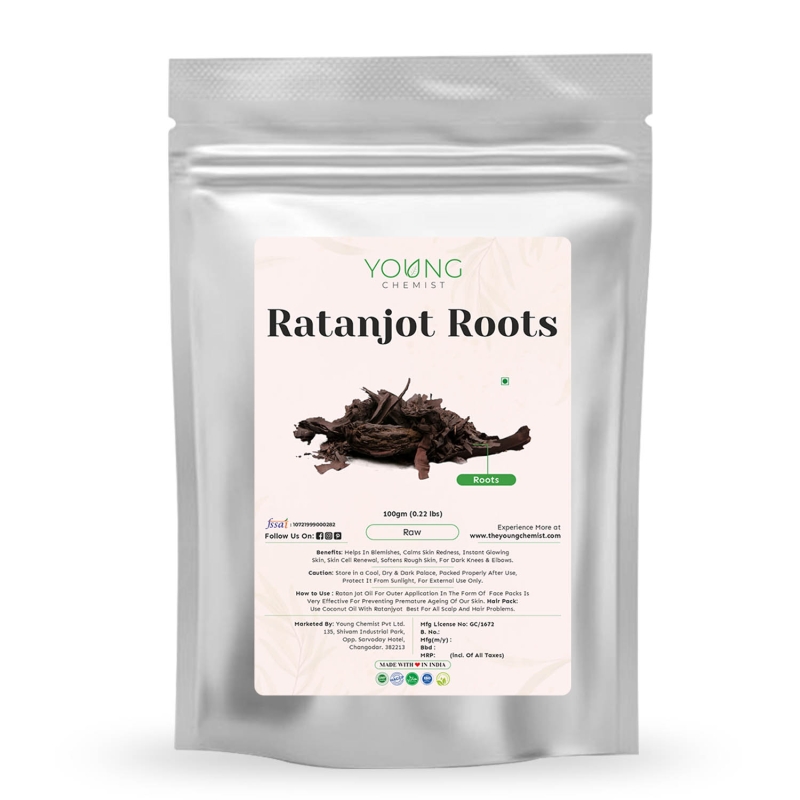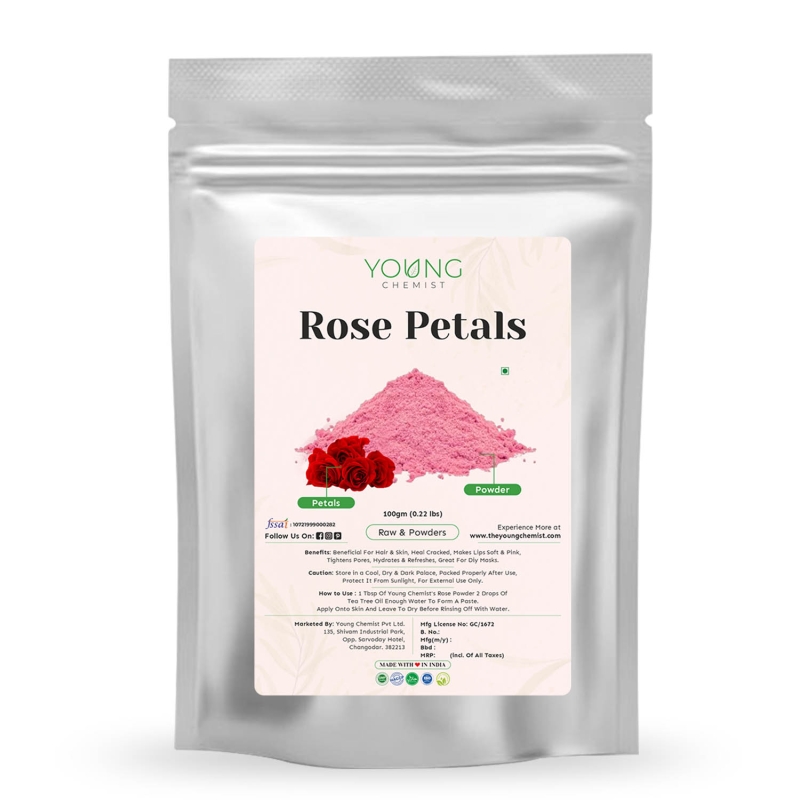-
No Item Added in Cart.

Henna extract is a natural product derived from the leaves of the henna plant (Lawsonia inermis). It is commonly used for various purposes due to its rich dyeing properties and potential health benefits. The extract is obtained by crushing and grinding the henna leaves into a paste and then further processing them to extract the active components.
Henna Extract is a natural, cooling, and hair-revitalizing botanical concentrate derived from the Lawsonia inermis plant. Traditionally used for centuries in herbal beauty care, Henna Extract is known for its powerful scalp-soothing, hair-strengthening, and conditioning properties. Unlike raw henna powder, this gentle extract provides all the nourishing benefits without heavy staining, making it suitable for routine life haircare and mild skincare applications. Rich in tannins, antioxidants, and plant nutrients, it helps improve hair texture, reduce dryness, and promote healthy shine.
This versatile extract blends effortlessly into shampoos, conditioners, hair masks, serums, herbal hair oils, lotions, soaps, and DIY herbal beauty products. Henna Extract helps calm the scalp, reduce irritation, and maintain natural moisture levels. It enhances hair smoothness, minimizes frizz, and supports stronger roots. Mildly cooling in nature, it also refreshes and balances the skin when used in skincare formulations.
| Title | Description |
|---|---|
| No specifications available. | |
- Hair Dyeing:Mix henna extract powder with water to form a smooth paste. Apply the paste evenly to clean, dry hair, covering the desired areas. Leave it on for the recommended time (usually a few hours) and then rinse thoroughly with water. The color will deepen over the next 1-2 days.
- Hair Conditioning:Prepare the henna paste as mentioned above and apply it to clean, dry hair. Leave it on for an hour or as directed, and then rinse it out with water.
- Skin Art:Create a paste by mixing henna extract with water and any other desired natural additives like lemon juice or essential oils. Apply the paste to the skin in the desired pattern and let it dry for several hours. Gently scrape off the dried paste to reveal the temporary henna tattoo.
Henna Extract before applying. Use at 1%–10% in DIY haircare such as shampoos, conditioners, hair masks, serums, and herbal oils. For scalp nourishment, mix a few drops into warm coconut, almond, or castor oil and massage gently. Leave for at least 30 minutes before washing. For hair softness and shine, blend into conditioning hair masks or leave-in serums. In skincare, add to gels, lotions, or masks for soothing and cooling effects. Do not apply undiluted. Regular use promotes softer hair, stronger roots, a healthier scalp, and refreshed skin.
- Natural Hair Coloring:Henna extract is widely used as a natural hair dye. It imparts a reddish-brown hue to the hair and is an excellent alternative to chemical-based hair dyes. It not only adds color but also enhances the overall shine and texture of the hair.
- Hair Conditioning:Apart from coloring, henna extract is also known for its hair conditioning properties. It can help improve hair strength, reduce frizz, and make the hair appear smoother and healthier.
- Skin Care:Henna extract has been traditionally used for skin care. It can act as a cooling agent and provide relief from minor skin irritations. It may also help improve skin texture and tone.
- Temporary Body Art:Henna extract is commonly used to create temporary tattoos or body art designs. It is safe for most people and offers a natural and temporary way to decorate the skin without the use of harmful chemicals.
Henna Extract offers excellent hair-strengthening, conditioning, and scalp-soothing benefits. It nourishes the roots, reduces dryness, and improves overall hair texture. Rich in natural antioxidants, it protects the hair from damage and enhances natural shine. Its gentle cooling and anti-inflammatory properties calm scalp irritation, reduce dandruff, and promote a balanced scalp environment. Suitable for all hair types, Henna Extract helps minimize frizz, strengthen weak strands, and support healthier hair growth. When used in skincare, it helps soothe the skin and maintain natural clarity. Overall, it delivers herbal nourishment and noticeable beauty improvement.
- Allergy Test:Before using henna extract, especially on hair or skin, perform a patch test to check for any allergic reactions. Apply a small amount of the prepared paste to a small area and wait for 24 hours to observe any adverse reactions.
- Quality and Purity:Ensure that you are using pure and high-quality henna extract from a reputable source to avoid potential contaminants or additives that could cause skin irritation.
- Hair Color Interactions:Henna may not interact well with chemically-treated hair or certain hair dyes. Consult a professional hairdresser if you have recently used chemical products on your hair.
- Staining Concerns:While henna is generally safe, it can leave a lasting stain on porous materials and surfaces. Take care to avoid spilling or dripping the paste on clothes, furniture, or other surfaces.
- Avoid Sensitive Areas:When using henna for body art, avoid applying it near the eyes, mouth, or other sensitive areas. In case of accidental contact, rinse thoroughly with water and seek medical attention if irritation occurs.
Always follow the instructions provided with the henna extract product and do a patch test to ensure compatibility before regular use. If you have any concerns or pre-existing skin or hair conditions, it's advisable to consult a dermatologist or healthcare professional before using henna extract.
Product Questions
Henna extract is a concentrated form of the henna plant (Lawsonia inermis), known for its dye and various beneficial properties.
The benefits will depend on the specific product, but Henna Extract generally offers anti-inflammatory, hair-conditioning, and potentially skin-soothing properties.
Henna can dye hair and skin, but it depends on the formulation of the product. If hair coloring is a benefit, it should be mentioned on the label.
No, Henna Extract is not a lightening agent. It can add a reddish-brown hue to hair or deepen existing hair color.
Henna Extract is generally safe, but as with any new product, it's wise to do a patch test before applying it liberally.
Henna Extract can be in liquid or powder form, depending on the product.
Henna Extract can be organic or natural, depending on the sourcing and processing. Look for labels mentioning "organic" or minimally processed extracts.
While uncommon, some people experience allergic reactions to Henna. Discontinue use if you experience irritation.
The concentration of Henna Extract will vary depending on the product. Look for the ingredient list to see its placement, with higher placement indicating a greater concentration.
10 . Are there any other ingredients I should be aware of when considering Henna Extract in this product?
If you have any allergies or concerns about other ingredients, consult the product label or do additional research on those ingredients.





































